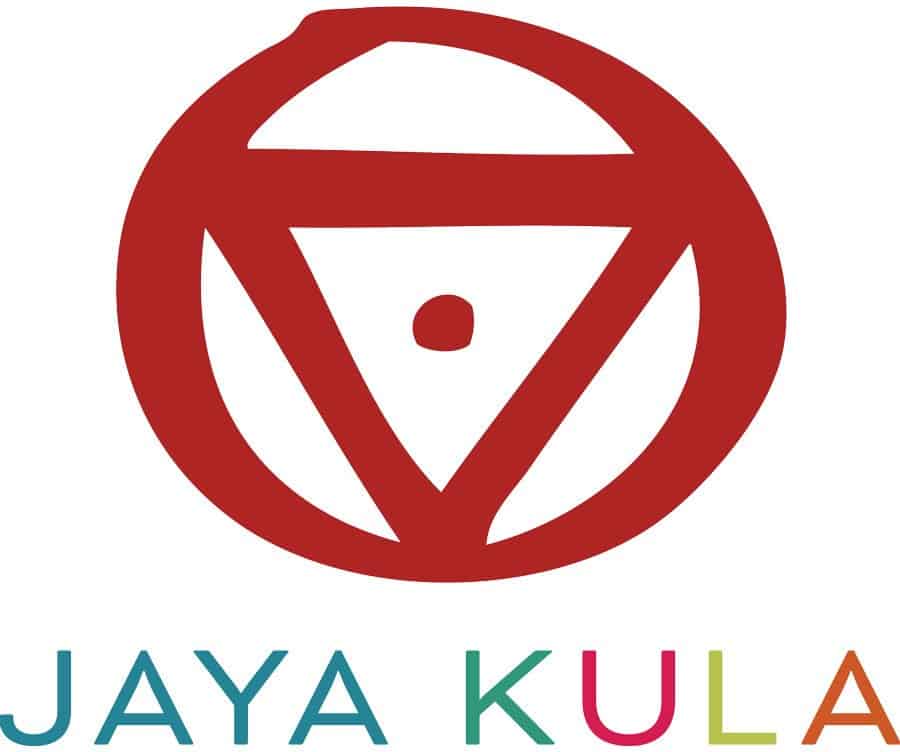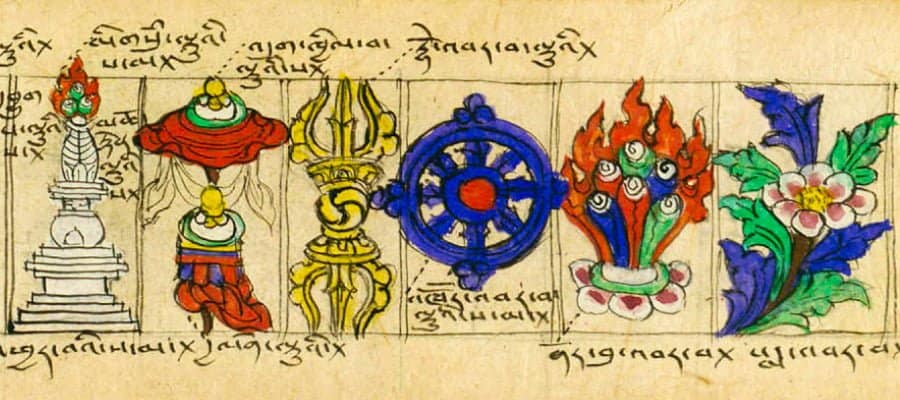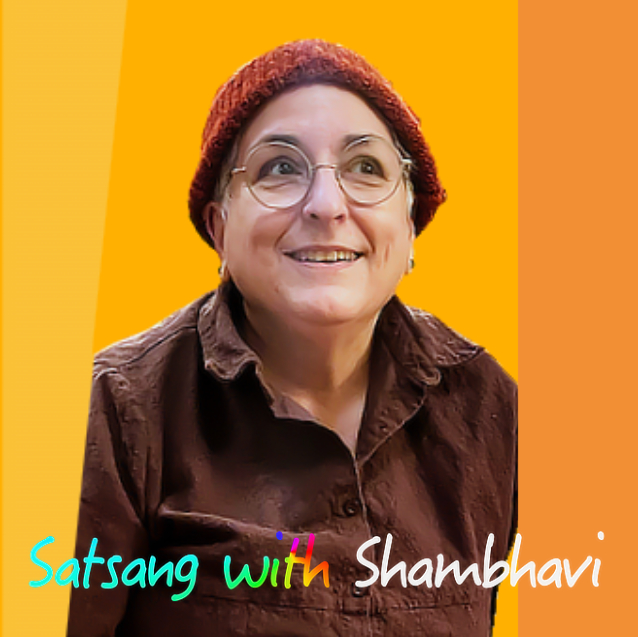How are Trika Shaivism and Dzogchen related? Shambhavi talks about the historical and esoteric connections between Trika Shaivism and Dzogchen. A podcast from Satsang with Shambhavi
STUDENT 1
On your flyer, you mention two traditions, which are generally, to me, not put together. Dzogchen and, uh–
SHAMBHAVI
Trika Shaivism. [STUDENT 1: Yes.] It's also called Kashmir Shaivism.
STUDENT 1
Kashmir Shaivism. So that seems to be a jumping-off point. [SHAMBHAVI: Great.] How they come together, View, or... whatever you want to say about them.
SHAMBHAVI
Sure. So, Trika Shaivism, or sometimes called Kashmir Shaivism, is a tradition from north India. And specifically from the region of north India that's called Kashmir, but also parts of Pakistan...you know, since it was separated.
And Dzogchen is a tradition that, in written history, is from Tibet. But the actual founders of Dzogchen come from India and even from the Chan Buddhist tradition in China and from the indigenous Bon tradition of Tibet.
So, one of the things that both of these traditions have in common is that they're synthetic. That there was a bunch of different traditions and they got, over historical time, brought together.
The other thing that they have in common is that they are both being formed along what's called the Silk Road.
So this is a very famous trade route in ancient times that went along the border between India and Tibet and China and Pakistan and Iran. I don't know exactly where, but across that whole swath of the world.
There was not only goods being traded, but there was also ideas and practices and traditions being traded along that Silk Road. So there was a lot of exchange between people who were more from Hindu traditions, loosely, Buddhist traditions, traditions from Tibet.
So all this was happening along the Silk Road at the time that these traditions were kind of taking the form that we see them in today.
And there were teachers that became very, very important to Dzogchen—or just say, Tibetan Buddhism in general—who traveled through Kashmir on their way to Tibet. And there was a lot of exchange.
So what you see because of that, is that between Dzogchen and Trika Shaivism there are a lot of views that are in common and also some very key practices in common.
Now, both Dzogchen and Trika Shaivism are from a group of traditions of what are called direct realization traditions. The word for that in Sanskrit is pratyaksha darshana. It means to see something directly for yourself.
So Dzogchen, Trika, Chan Buddhism, some parts of Taoism, are all direct realization traditions.
And they all have at their very core this idea that you already have everything that you need to directly see your real nature and the real nature of reality. And it's just that you have forgotten how to do that.
So the traditions are to help you to remember how to do that. To give you some tools so that you can see with your own senses, not just your eyes, but all of your gates of perception. So that you can see what is happening here.
What is the nature of the self? What is reality, what is existence? So you can perceive those things directly for yourself. And of course, the underlying assumption is that you CAN.
That you have that capacity built in from the beginning, and you just need some help.
So all of these traditions, you could call them on one level, spiritual technologies more than religions. They aren't really founded on belief.
They are very devotional, however. But the idea is that you find out for yourself how things are and how you are, using these tools. So that's what it means, direct realization.
There are also more esoteric connections between these traditions. Which has to do with every tradition has both a sort of ordinary historical story or narrative, talking about how it came to being. But then it also has its own internal narrative about how it came into being.
So there are some connections in those internal, sort of more esoteric, mystical kind of narratives between the two traditions.
But basically they have a very similar View. They have some extremely similar practices that... I'm not a scholar, so I have to assume that given the geographic and historical proximity, and how much commerce there was between these countries for hundreds and hundreds of years along the Silk Road.
I have to assume that it's not an accident that they have some similar practices.
But the core is really that they are both direct realization traditions. They both have this assumption that you have this essence nature, which is the same as the essence of the nature of all of reality. And then that you can discover that on your own.
With help. [laughs] With some help. So, good question.
STUDENT 1
I have one question on that. From what I've learned, the polarity of the two is that the Trika Shaivism, or Kashmir Shaivism, is more Tantrik and everything, including everything. Whereas Dzogchen was more transcendent, you know–
SHAMBHAVI
That's absolutely not true.
STUDENT 1
It's not. That's okay. Could you just say a few words about that?
SHAMBHAVI
Yeah. So... Your name is Ed, right? So what Ed is referring to is that there are a lot of spiritual traditions all over the world, not just from India, that are called transcendental. And it's a particular View.
And what a transcendental tradition teaches us is that the goal of spiritual life is to get out of here, basically. You know, to go to Heaven, to go to Bramha Loka, to leave– Nirvana, to leave this horrible, degraded world behind.
That there's something fundamentally not okay about ordinary embodied existence. Dzogchen absolutely does not teach this.
It teaches that everything is perfect from the beginning, including everything here.
I wrote a poem once and one of the lines in it is: God is every scripture and also every tabloid magazine. [laughter]
In that sense, Dzogchen and Trika Shaivism are teaching exactly the same thing.
Now, there's maybe a reason—and I don't know if this is the reason, but I could guess—that one of the reasons why you may have come across this notion that they have this difference, is because as traditions age, sometimes they don't age all that well.
And what happens is moralism starts to creep in. A kind of narrowism and conservatism creeps in over time, as the traditions get further away from those people who were the–
STUDENT 1
[inaudible]
SHAMBHAVI
Yeah, exactly. So I see that in Dzogchen. I see that in Kagyu traditions. I even see that in Trika to a certain extent.
The other thing that's happened with Dzogchen is that it's kind of become the flavor of the month in the West. Or maybe the flavor of the last ten years, I don't know.
So a lot of the Tibetan teachers who come here to teach, they get asked by Western students: oh, I want to learn Dzogchen, or I want to learn Mahamudra, which is a somewhat related thing.
And I have definitely sat in teachings with Tibetan lamas who claim to be teaching Dzogchen or Mahamudra who definitely were not.
They were extremely watered down, moralized, etc. Because they just really didn't have those teachings under their belt. And they just basically made those teachings conform to the more ethics-based teachings.
So that's another thing I've seen quite regularly.
Chen and Trika are hard traditions for people who want there to be hard and fast, absolute, moral claims about how to live your life and how things should be.
Because really, these traditions are completely wide open in that regard.
That every circumstance is unique, and as my guru says, God makes the impossible possible, but also makes the possible impossible.
This is also a teaching in Trika. Abhinavagupta, the person who drew this tradition together from several different streams of tantra in north India, he also said almost the same thing with the exact same words.
That's hard for people. Right? That's hard.
Sign up to receive email updates
Enter your name and email address below and I'll send you periodic updates about the podcast.
Read More About Trika Shaivism & Dzogchen
Listen to Shambhavi talk more about how Trika Shaivism and Dzogchen are related


